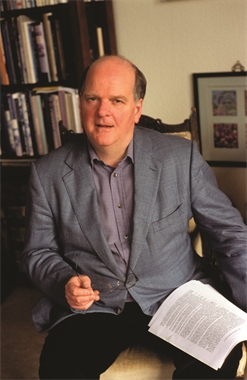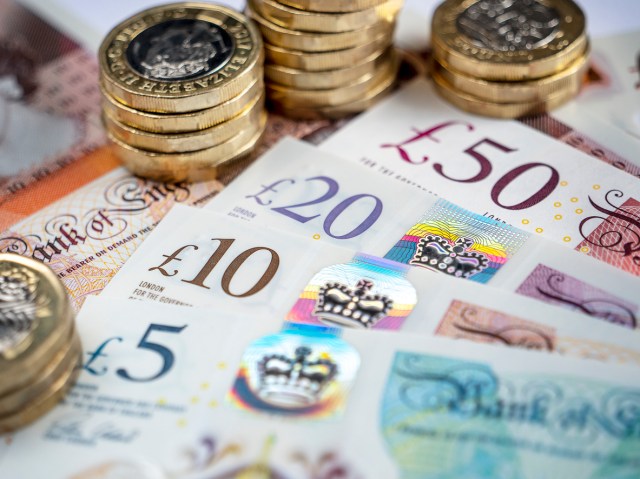Whose boob is it anyway?

The 4th of February is World Cancer Day so here we share some of Christine Hamill’s thoughts from her frank, honest – and ultimately optimistic – account of her experience of breast cancer.
The idea for my book came to me the day after I was diagnosed with cancer. I was in Boots the Chemist and, as I stood there with a basket in my hand, blinking back tears, I thought Now, what does a breast cancer patient need? All I could come up with was waterproof mascara. I put one in my basket and thought, Someone should write an alternative guide to breast cancer – Step one: buy waterproof mascara; you’re going to need it.
A few short months later, I found I was writing that guide. In between hospital appointments, I sat in bed with my laptop, furiously, desperately, trying to make sense of this alien world I had entered. I felt a bit crazed – the nutty professor naming and labelling things: A is for . . . I suppose it was my way of trying to impose some order. Nothing made sense any more and writing my book was like having a conversation with myself, trying to understand what was happening; a daily pep talk to keep me sane, to keep me going, to make me feel like I still had some control.
Having breast cancer is a bit like being pregnant except, of course, you’re miserable and don’t have a cute baby to look forward to at the end of it. Think of the similarities: the breast pain, the sleepless nights, the anxiety, the constant bursting into tears, the fatigue, the forgetfulness, the endless examinations, the hormonal maelstrom. See what I mean?
Of course, whereas pregnancy lasts only nine glorious, slow-moving months, cancer will never leave you, even when you have been cured. That sounds like a life sentence of misery, but oddly, it isn’t. There are things to laugh about with cancer, even in the face of grief. And that’s why I wanted to write my A to Z – as an antidote to all the sadness and mystery that surround cancer.
The first thing that struck me about cancer, right from day one, was that I seemed to become public property. Anyone who has ever been pregnant will remember that feeling of being taken over: suddenly everyone, including complete strangers, knows better than you how to care for your unborn baby. They will walk up to you and touch your bump, then tell you what to eat, what to drink, how much exercise to take, berating you when you go wrong. And, of course, they will tell you their own horror stories. Cancer is no different: as soon as you reveal your diagnosis, your relationship with the world changes. People feel empowered to discuss your body and your life without your say-so, and you will find people you don’t know very well (and never much liked) discussing your malignant breasts as if they were teacups. I am convinced that this same level of audience participation would not be acceptable if it were a man’s testicles in question. I have tried to substantiate this hypothesis, but no one seemed prepared to talk about it – which kind of proves my point. (Likewise, I cannot imagine a situation where men were referred to the Testicle Care Unit.)
When I was diagnosed with cancer I felt this sense of being taken over acutely and it made me feel like I no longer had much control over my life. This is a feeling that can be compounded by the knowledge that your doctors know more about your condition than you do, and you can’t help sitting there wondering, What are they not telling me? Even though I desperately wanted to be rid of the cancer, I did find myself thinking more than once, Whose boobs are these, anyway? This is my body, my boob, my lump; surely I should be the one who is in possession of all the facts. I had so many questions my brain ached: Why? How? What? And again, Why? But sometimes it felt like the answers were just cosy clichés and chirpy sound bites about positive mental attitude. My best bet, it seemed, was to go easy on the questions and to stay silently, stubbornly positive. But of course, I couldn’t…








